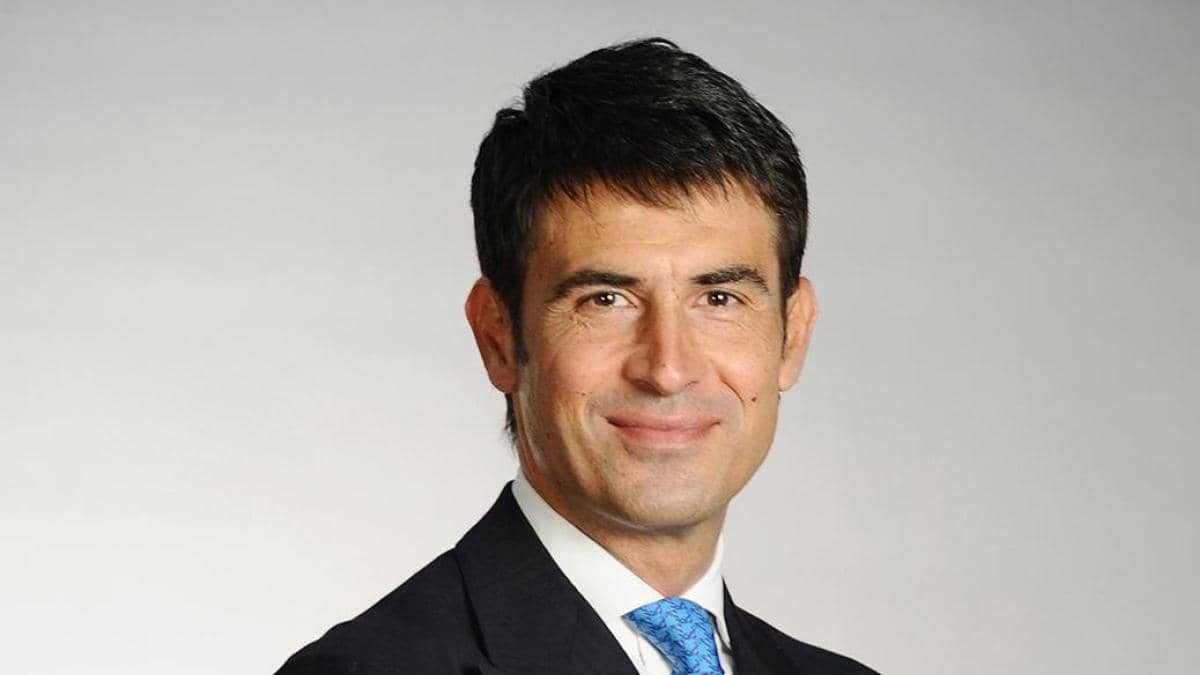Ben Tingling (MFS IM) on the Contrarian Value fund: “It adapts well to an increasingly uncertain macroeconomic environment”

2 APR, 2024
By

In 2018, the international manager MFS Investment Management launched the MFS Meridian Funds Contrarian Value Fund. A global equity fund that follows the value investing philosophy and seeks to benefit from companies experiencing operational difficulties in controversial areas of the market.
In this interview, Ben Tingling, Institutional Portfolio Management at MFS IM and manager of the fund, details how the MFS Contrarian Value Fund invests and what it looks for in the companies that make up the portfolio of this product.
How do you see the current macro environment?
A more resilient-than-expected global economy, particularly in the US, appears to have countered the tightening effect of higher interest rates, postponing the widely predicted recession, at least for now. Despite the market’s repricing of a ‘soft landing’ the unpredictable events of recent years including a global pandemic, a war on the edge of Europe and renewed conflict in the Middle East should warrant caution.
We believe there are only two types of forecasters: those that can’t forecast and those who don’t know they can’t forecast. Instead, our investment approach responds pragmatically and probabilistically to opportunities as the market presents them, which we believe is well suited to an increasingly uncertain macro environment.
What is the investment philosophy of the MFS Contrarian Value Fund?
We are willing to take a differentiated view and unafraid to lean into short term controversy when we find asymmetric risk-reward opportunities. We only invest where we believe a margin of safety exists on the price paid together with a strong balance sheet which provides us with duration for the thesis to play out. We ignore the benchmark but try to be thoughtful about hidden bias. We think of risk as the permanent impairment of capital rather than as sector or benchmark risk.
The collaborative culture of the MFS Global Research Platform is integral to our investment process: screening for value is relatively simple but screening for change – real fundamental change at the business or industry level - is difficult and requires a dedicated team of global analysts on the ground close to businesses.
What characteristics do you look for in a company when considering adding it to the portfolio?
We try to invest in simple businesses with a simple thesis. We look for anomalous opportunities grounded in the business itself and discounted in the price. Put another way, we think about businesses first and stocks second.
The investment ideas have typically translated into three broad areas of opportunity.
- The first one is deep value where we find attractive asymmetric risk/reward, here the price is often the most appealing feature but where we also see capacity coming out of the industry.
- The second area is restructurings these are often fundamentally good businesses that have lost their way either due to poor management capital allocation decisions or cyclical competitive pressures, or a combination of both. We prioritise strong balance sheets as business improvement can take years to play out.
- Finally, we consider controversial quality compounders which are often great businesses with amazing brands, management or distribution network but have fallen on hard times. Often the problems become overstated and more than discounted in the price which we aim to take advantage of.
How do you balance portfolio diversification with concentration in particular stocks?
When investing in businesses exposed to some form of controversy or problem there is a balance between how well you can know and track the businesses and how many stocks you can hold. For example, in banks, we think it makes sense to diversify across number of positions in order to manage country or issuer specific risk.
What are the stocks that have driven the fund since its launch?
Stock selection across multiple sectors has been the main driver of the portfolio’s excess returns delivered since inception. Amongst the top contributors have been Flutter Entertainment, Bank of Ireland, Greggs, BAE systems and Next.


